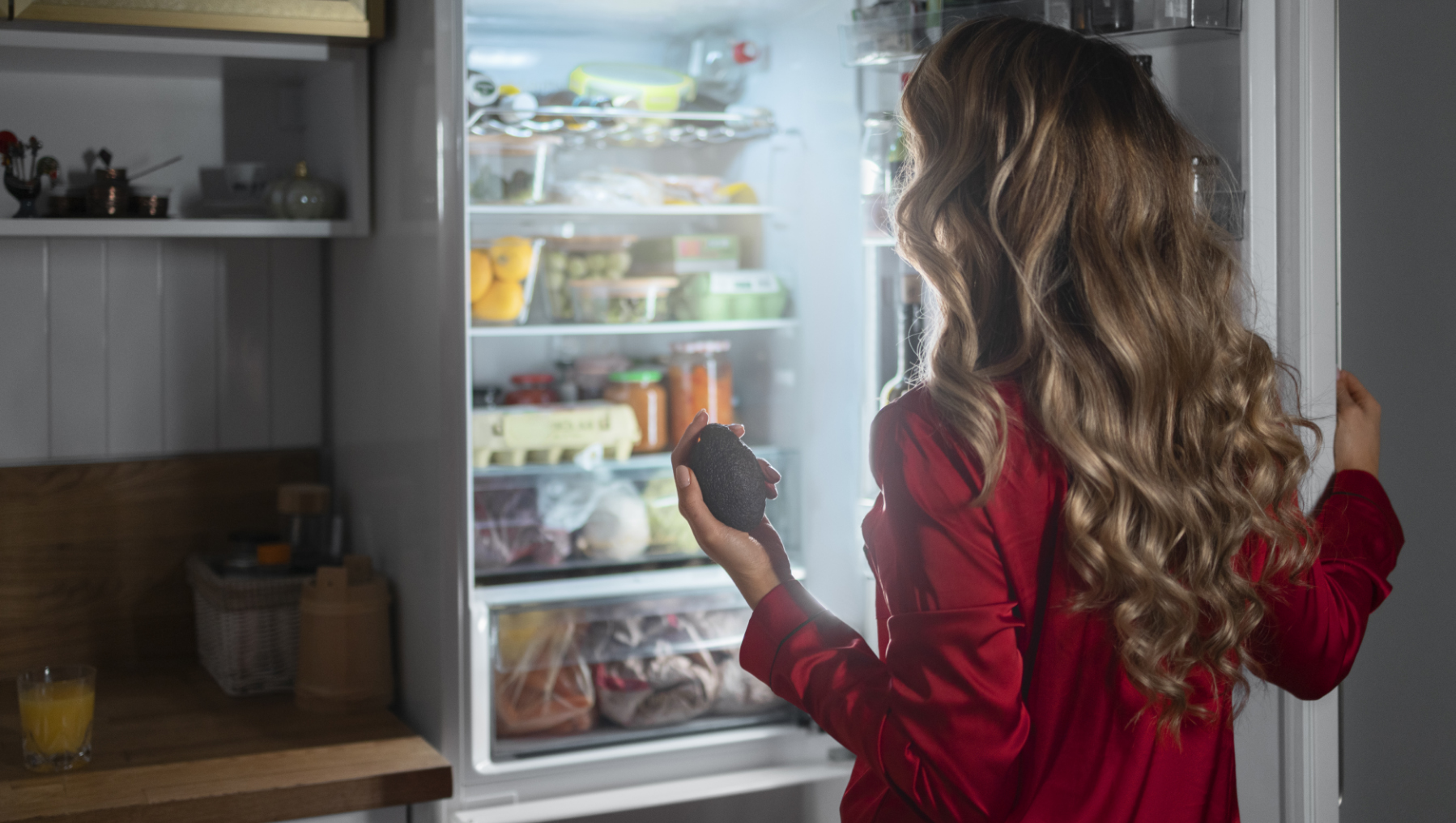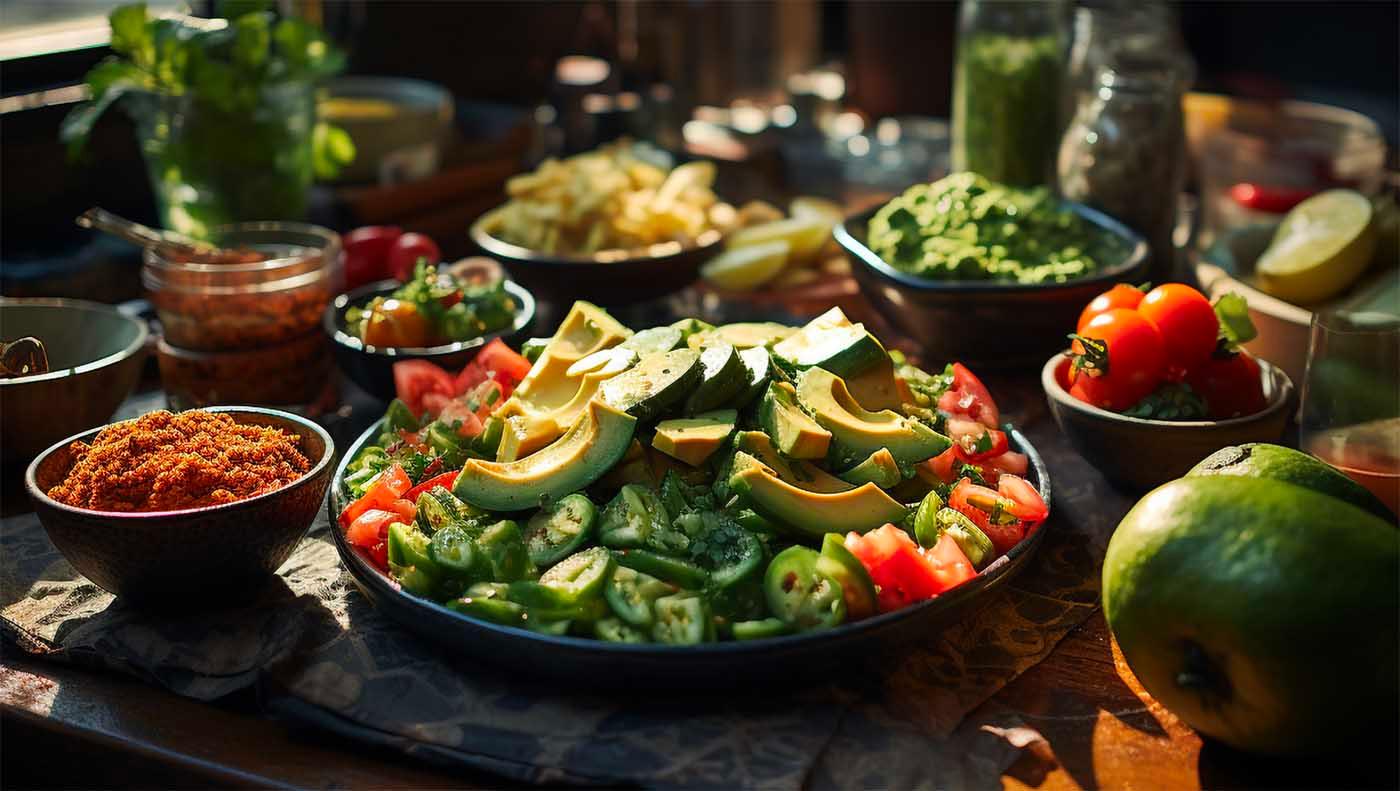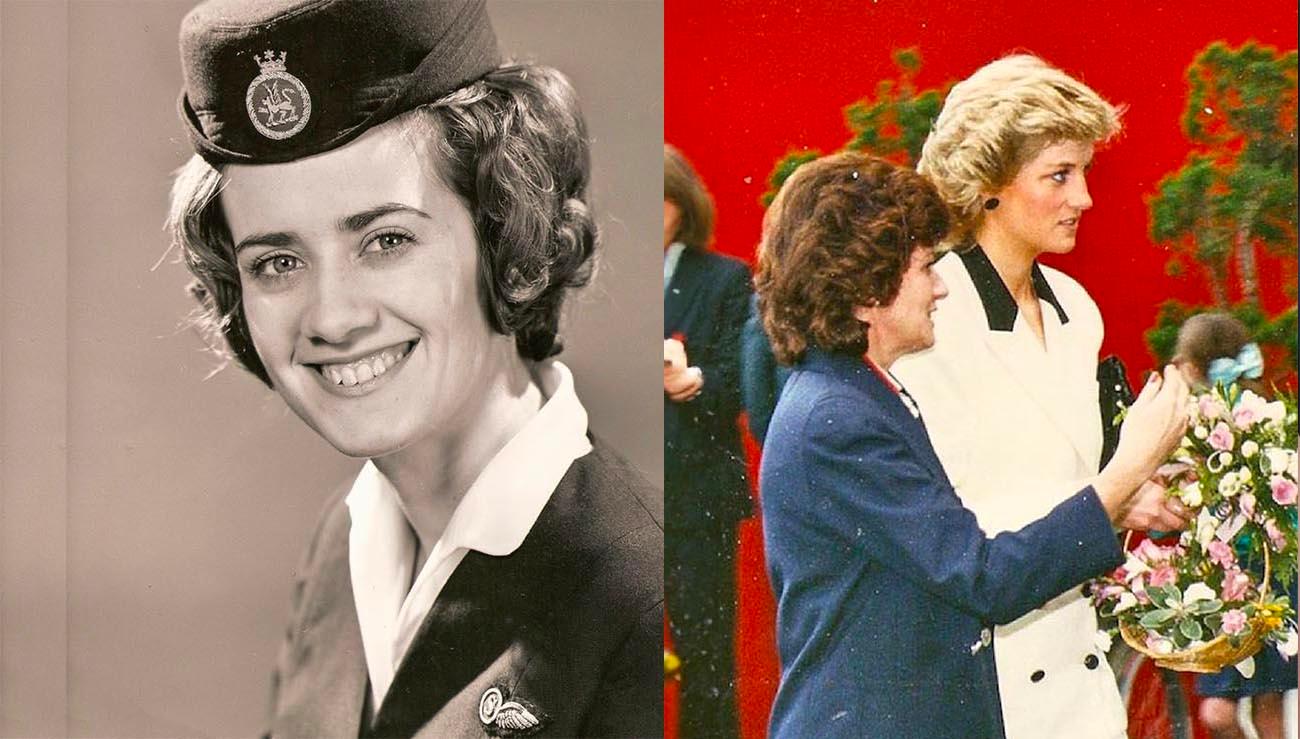How to Stop Wasting Food and Drink

Food waste is a significant issue, with the average household of four discarding around £1,000 worth of food each year. Not only does this impact your budget, but it also has severe environmental consequences. Fortunately, there are several effective strategies to help you reduce food waste and save money.
Plan Your Meals
Meal planning is one of the most effective ways to minimize food waste. By planning your meals for the week, you can create a precise shopping list that ensures you buy only what you need. This reduces the likelihood of purchasing items on impulse that may go unused.
Check Your Fridge Before Shopping
Before you head to the store, take a quick inventory of your fridge and pantry. Identify any items that are nearing their expiration dates and plan to use them in your upcoming meals. This helps prevent unnecessary purchases and reduces the risk of food spoiling before you can use it.
Store Food Properly
Proper storage is key to extending the life of your food. Keep your fridge temperature below 5°C to preserve perishables like dairy, meat and vegetables. Store these items in the correct compartments, such as keeping milk on the fridge shelves where it’s cooler, not in the door.
Use Leftover Ingredients
Instead of letting leftover ingredients go to waste, get creative with your cooking. Many websites and apps offer recipe finders where you can input leftover ingredients to discover new dishes. This not only reduces waste but also allows you to try new recipes.
Freeze Food
If you notice food nearing its expiration date, consider freezing it. Most foods can be safely frozen, extending their shelf life by several months. Just be sure to label items with the date before freezing them to keep track of how long they’ve been stored.

Understand Expiration Dates
It’s important to understand the difference between "use by" and "best before" dates. The "use by" date is about safety and should be adhered to, while the "best before" date relates to quality. Food is often still safe to eat after the "best before" date, but check for signs of spoilage before consuming.
Shop Smart
Avoid bulk buying perishables unless you’re certain you can use them before they go bad. Buying loose fruits and vegetables allows you to select only the quantity you need, reducing the likelihood of waste.
Compost Food Scraps
For food that does go unused, composting is an environmentally friendly way to dispose of it. Composting turns organic waste into nutrient-rich soil, which can be used in your garden.
Donate Excess Food
If you have non-perishable food items that you won’t use, consider donating them to a local food bank or shelter. This not only helps those in need but also reduces the amount of food waste.
Also checkout our free food saving memo














